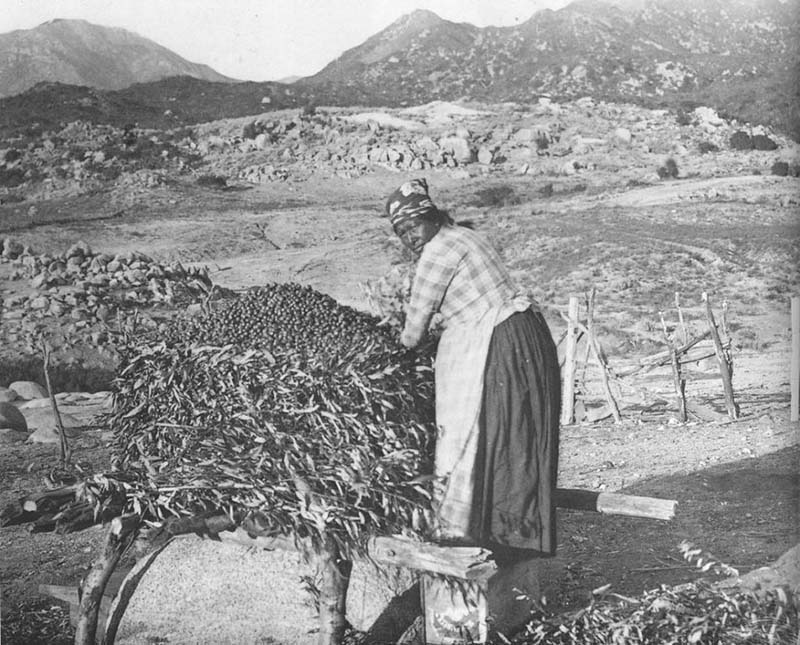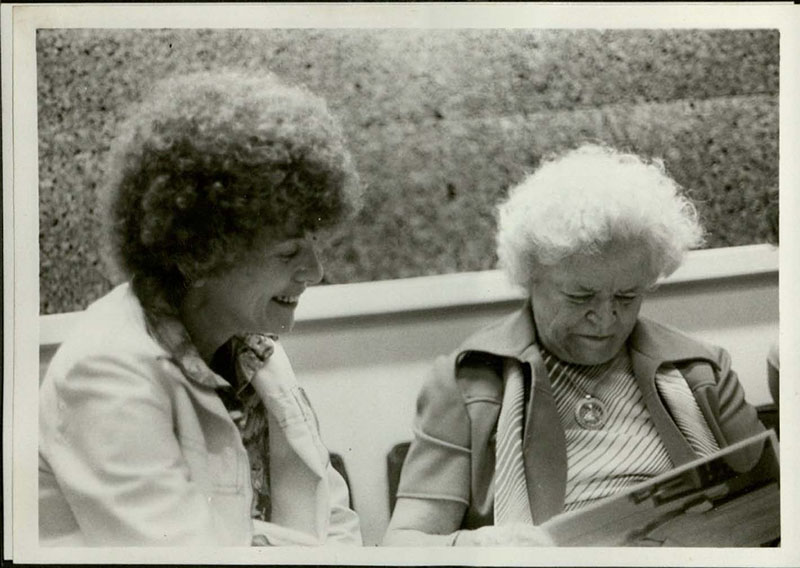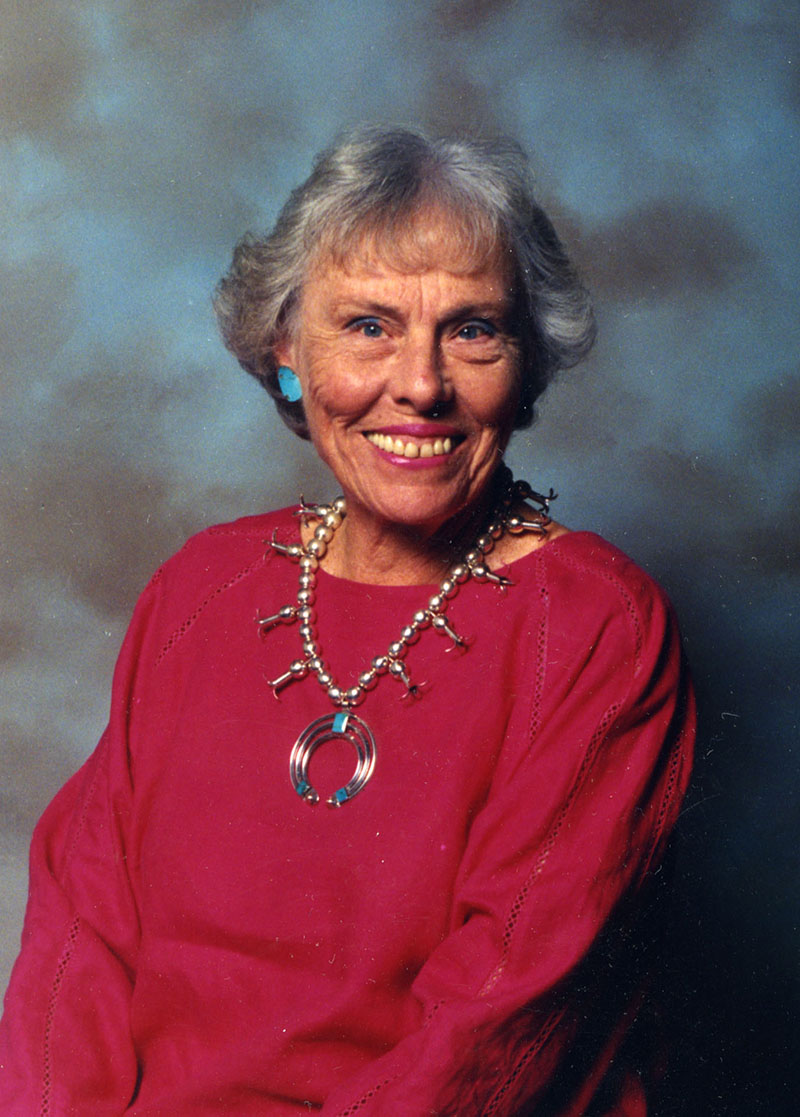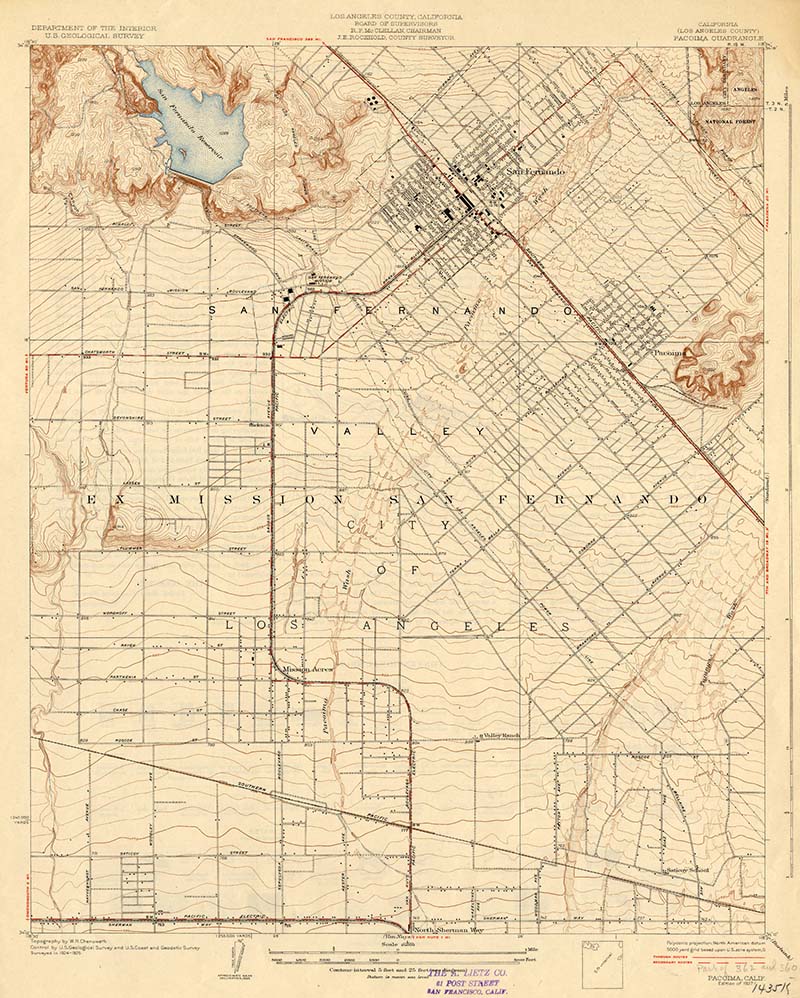Silencing voices and histories is a form of oppression. Oral History, in contrast, allows individuals and communities to make their own histories apart from dominant cultural narratives. This section focuses on acknowledging the experiences of individuals whose stories are not in textbooks, but are important parts of our culture and society.
In this section, the interviews are recollections of discrimination, a hijacking, and indigenous culture. These topics are not often discussed in classrooms, but have value as personal narratives. These individual accounts offer the broader community an opportunity to look into these hidden stories in the search for truth and justice.
Acknowledging these experiences and memories makes them a valid part of our shared history, gives those who lived them a voice, and includes them in our culture, history and society. Most of the following clips are individuals remembering in the moment, therefore there may be many pauses.
Beatrice Alva
View Item
Beatrice Alva was interviewed by CSUN student Jesus Modina on May 8, 1982 for the Cities of Destiny Oral History project. Alva, who is from the Gabrielino-Tongva Indian Tribe, discusses her family’s history including some Tribe customs, such as food and song. In this clip, Alva explains the importance of acorn in the Gabrielino-Tongva Tribe, and through song shares the Tribe’s language that she learned from her mother.

Agness Underwood
View Item
Natalie Holtzman interviewed Agness Underwood in 1976 for a thesis project at CSUN. Underwood, a woman whose story was not well documented, was one of a few women who achieved high status as a journalist, ultimately becoming editor of the Los Angeles Herald Express. In the clip, Underwood discusses her start in journalism as a typist, and how she first got her byline.

Catherine Mulholland
View Item
Catherine Mulholland was interviewed by Jack Kranz in 2007 for the Center for Oral and Public History. Mulholland, a notable San Fernando Valley native, wrote books on her family and the development of the San Fernando Valley. In this clip Mulholland discusses her experience moving back to the San Fernando Valley and a neighbor being aggressively ageist towards her.

Byron Booth
View Item
Byron Booth was interviewed by Keith Rice and Dr. Karin Stanford on October 3, 2016 for the African American Life in Los Angeles Oral History Project. Booth, an unaffiliated member of the Black Panther Party, assisted in protection of Party members in the Chino prison he was held in. In this clip Booth explains escaping from prison, purchasing a plane ticket to Miami, and hijacking the plane to get out of the United States.

Carmen Amper
View Item
Carmen Amper was interviewed by Emory Holmes II for the Northeast Valley Oral History project on June 20, 2002. In the interview Amper discusses her life and experiences living in the Pacoima area. In this clip, she highlights the clear segregation of neighborhoods. She recalls what happened and how she and others in her community felt when a neighbor decided to bridge that division.
